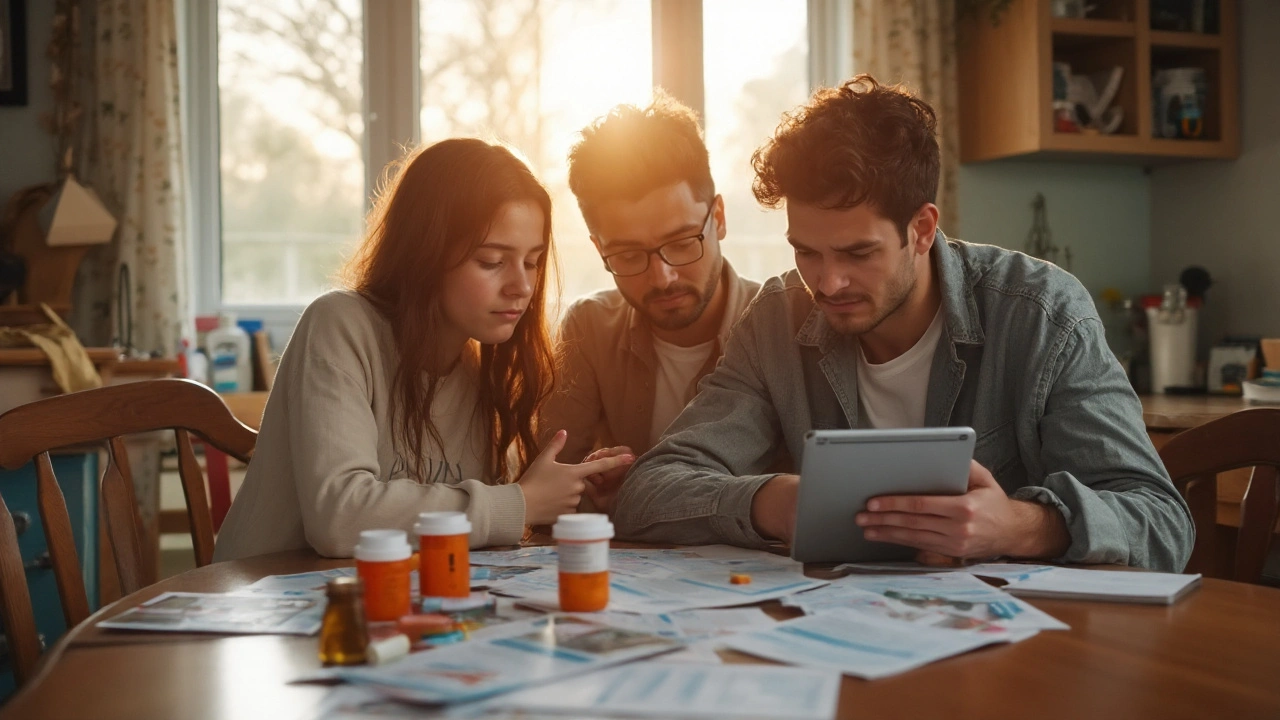Antibiotics save lives, but using them too often or the wrong way makes them weaker. Overuse fuels antibiotic resistance — bacteria that no longer respond to treatment — and that affects everyone. This page helps you spot when antibiotics are needed, what to ask your provider, and how to handle leftover or expired meds safely.
When you take antibiotics for a viral cough or to feel better fast, you give bacteria a chance to adapt. Those surviving bacteria can become resistant, meaning future infections may need stronger drugs or hospital care. Overuse also upsets your gut, can cause side effects like diarrhea or allergic reactions, and increases the amount of pharmaceuticals that end up in the environment.
Symptoms alone don’t always mean you need an antibiotic — many colds, flu, and most sore throats are viral. A quick, direct question to your clinician helps: “Is this infection bacterial? Will this antibiotic help?” If they recommend testing or watchful waiting, that’s often the safer choice.
Take simple, practical steps to reduce overuse and keep antibiotics working when you truly need them:
If you’re worried about expired medicine, our posts "Do Expired Drugs Really Harm You?" and "How to Dispose of Expired Medication Safely" explain risks and disposal options in plain language. For packing travel meds, check "Essential Medications to Pack for Vacation."
Parents: talk to your child’s doctor before giving antibiotics. Newborns and toddlers sometimes need different approaches. If someone has a severe infection, high fever, difficulty breathing, or sudden worsening, seek medical care right away — those are red flags that require prompt attention.
Small changes add up. By asking the right questions, avoiding unnecessary antibiotics, and disposing of medicines properly, you help protect your health and your community. Use antibiotics wisely so they keep working when you truly need them.

Antibiotic resistance is turning everyday infections into serious threats. Get why it matters, how it spreads, and tips to protect yourself and your family.